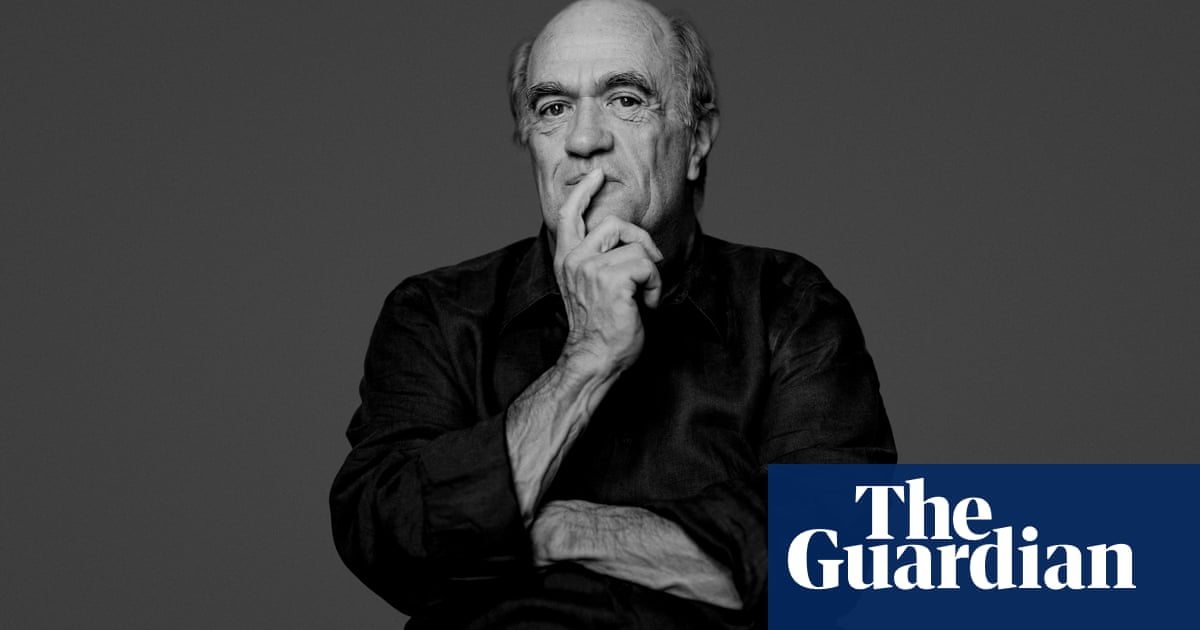
Over the past 180 years, lives in England have gone through a remarkable transformation. Men and women today are, on average, living twice as long as they did in 1841 with life expectancy increasing from 40.2 years to 78.6 years for males, and from 42.3 years to 82.6 years for females. The change is also reflected in many other parts of the world and has been achieved through vaccinations that protect against childhood illnesses, vastly improved sanitation, and a host of other factors.
But how long is that rise likely to continue? What will lifespans be like by the end of the century? More and more men and women are likely to live to ripe ages, say scientists. One prediction suggests the global population of centenarians will have reached almost 4 million by 2050 – from just 95,000 in 1990. Some scientists have even suggested that some lifespans could reach 150 years.
But as other researchers point out, these will be hard goals to achieve. Yes, life expectancy went up for much of the 20th century, but since then it has stalled and dipped in many developed nations – a fall that was intensified with the arrival of Covid-19. In the US, life expectancy fell by 1.5 years in 2020 from the previous year, the biggest annual decline since the second world war, with the pandemic, drug abuse, rising homicides and chronic disease all playing roles in shortening American lives.
In a world of swelling numbers and strained resources, maintaining life expectancy is going to be hard. Nor are we likely to see a rapid jump in longevity records. In 2016 a group led by geneticist Jan Vijg at the Albert Einstein College of Medicine in New York analysed the maximum reported ages of death in France, Japan, the United States and the United Kingdom, and concluded that survival past the age of 125 is very unlikely.
Dr Richard Siow, director of ageing research at King’s College London notes that the person holding the record for the longest life was Jeanne Calment, who was 122 when she died in France in 1997. “That was a quarter of a century ago which doesn’t suggest longevity is increasing rapidly at all,” he added.
In any case, merely tracking longevity misses a key point, say experts. It is not lifespan we should be pursuing but healthspan, the number of extra years we experience when we are independent, free of chronic disease and wealthy enough to lead fulfilling lives.
This point is backed by Professor Neil Mabbott, at Edinburgh University. “In the UK there are about 11 million people over 65 today and that figure will rise to about 13 million in 10 years. People over 65 will then form about a quarter of the population which is quite a different picture from the one we had only a few decades ago. We should be preparing for that now: designing interventions – clinical and financial – that ensure these people will age healthily as well.”
A key factor will be mental health, not just for older people but younger ones as they age, added Siow. “We need to look at psychological wellbeing because if we are depressed, we’re not going to be exercising, we will be eating wrongly or too much or too little. We will not be financially productive and it will be downhill from there. Old age will become more oppressive for these individuals and it doesn’t have to be that way.”












